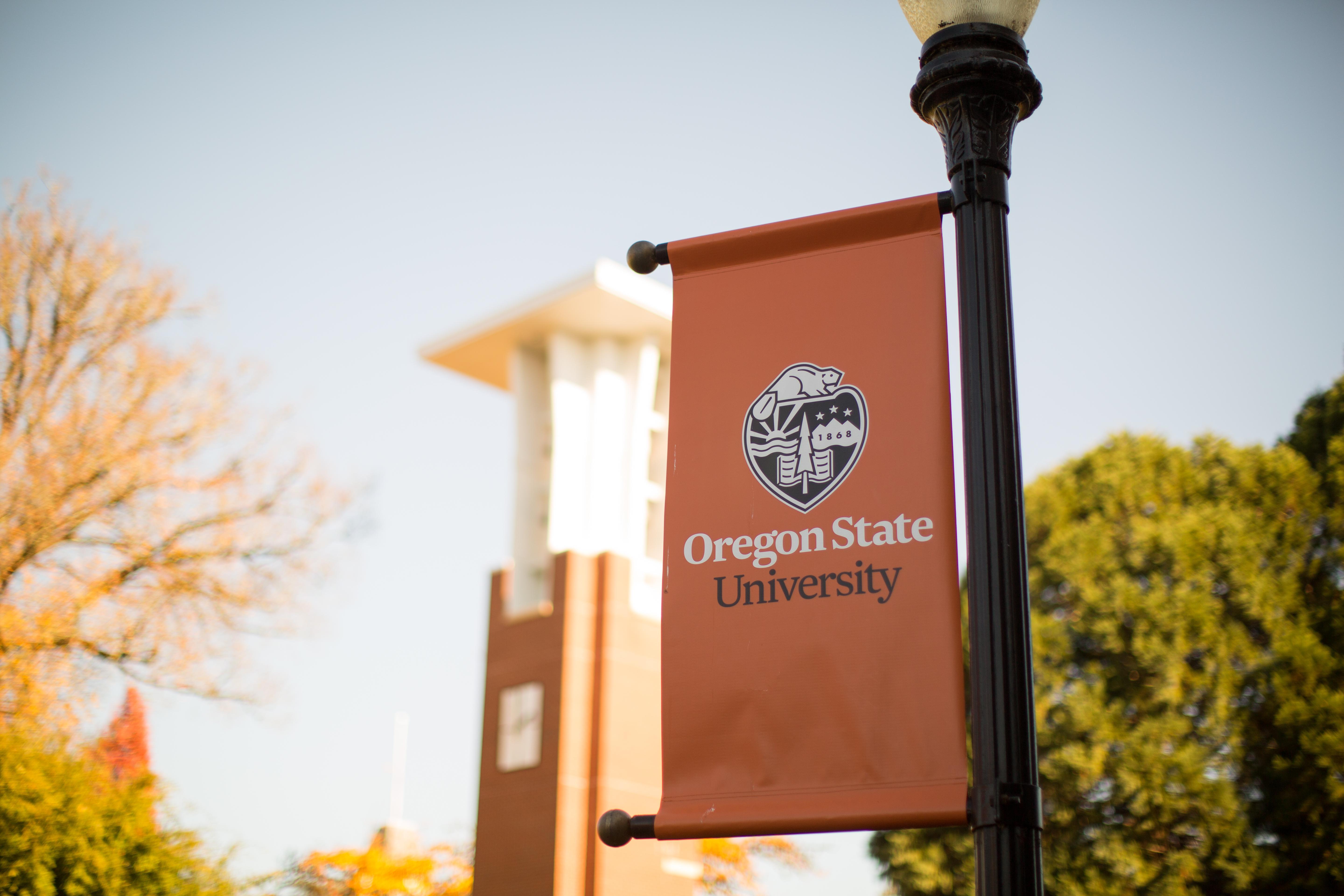
A new study conducted by Oregon State University researchers shows that college students who are disabled, queer or people of color are less confident to seek support from their peers after experiencing sexual assault, fearing that they may receive negative feedback from their peers.
Bryan M. Vance / OPB
Sexual assault victims often tell a friend about their experiences before anyone else, but according to a new study, college students who are disabled, queer or people of color are less confident that their peers would support them after experiencing sexual assault.
Researchers looked at campus climate surveys from a single university. Students were asked how their peers would respond to a disclosure by a sexual assault victim.
The researchers did not disclose the name of the college that was studied, citing anonymity, but they described it as a “very diverse university.”
Students who were disabled, queer or people of color reported more negative predictions, and respondents with more than one of those identities scored their peers even lower.
“These perceptions can reflect their own past experiences, whether individually or with people they know,” said Oregon State University, or OSU, instructor Jill Hoxmeier, who co-authored the study.
Related: OHSU employees and students can share ‘experiences and observations’ for investigation on harassment
Hoxmeier said these findings reflect a blind spot in preventative education. She said some programs still aren’t confronting how perceptions of victims can affect services.
“We’re not having conversations around our own implicit biases about people with disabilities, or people who were victimized by someone of the same sex or gender,” she said.
Hoxmeier said if a victim isn’t confident in their peers, they might not disclose their experience at all. And if someone is blamed or brushed off when sharing their story, she said they may resort to risky behaviors like substance abuse.
‘Centering the lived experiences of marginalized survivors’
Elizabeth Kennedy is the Director of Gender-Based Violence Prevention and Education Services at OSU, which teaches students to talk to victims without blaming them or overstepping boundaries.
Kennedy said staff there have already worked to accommodate for diversity in their program, but they want to do more.
“Particularly at a predominantly white institution, it’s really important that we are constantly interrogating how we are centering the lived experiences of marginalized survivors,” she said.
Related: OHSU to pay more than $2,000 per hour to investigators of sexual harassment, discrimination claims
Hoxmeier said over the last decade, she’s seeing prevention services grow more open conversations about bias. She said universities should respond to these findings by using their own campus climate surveys to identify any gaps.
“We can do a lot for people who experienced victimization,” said Hoxmeier. “When they have a positive disclosure experience, and are linked to services, that can mitigate the harm.”

